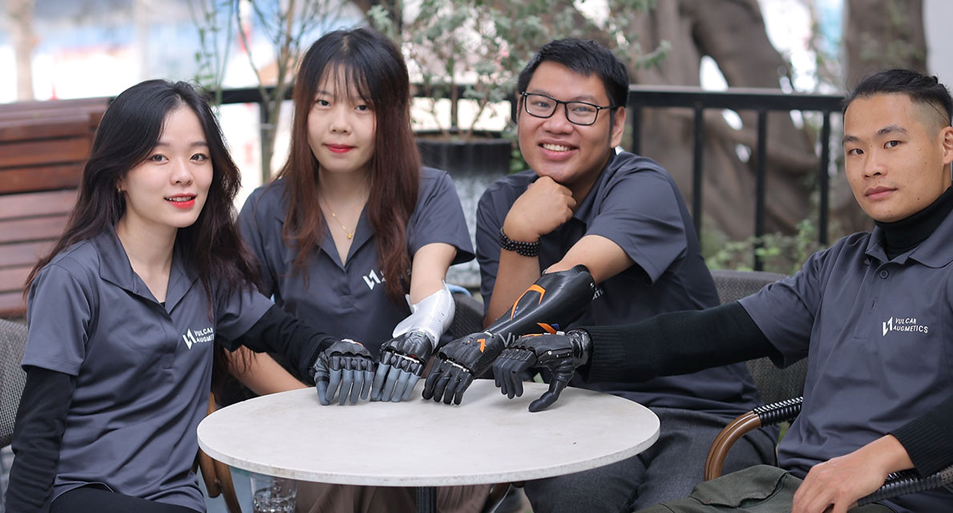Holistic Care: The Importance of Psychological Support for Upper Limb Prosthetic Users in India
In healthcare, the focus often lands squarely on the physical aspect of recovery. However, the journey extends beyond the physical realm for individuals navigating life with upper limb prosthetics in India. The emotional and psychological impact of adapting to life with an artificial limb is profound and warrants equal attention.
Let's explore why holistic care, particularly
psychological support, is indispensable for upper limb prosthetic users in
India.

The Emotional Journey: Navigating the
Psychological Impact of Limb Prosthetics
Adjusting to life with a limb
prosthetic presents unique challenges, especially in a
country as diverse and dynamic as India. From cultural stigmas to practical
hurdles, individuals face a multitude of emotional stressors alongside their
physical rehabilitation. This is where psychological support plays a
pivotal role.
First and foremost, psychological support
provides a safe space for individuals to process their emotions and express
their concerns. The journey of accepting and embracing an artificial limb is
often rife with feelings of grief, loss, and even identity crisis. Through
counseling and therapy, prosthetic users can navigate these complex emotions,
fostering acceptance and resilience.
Breaking Barriers: Addressing Cultural Stigmas
and Societal Pressures
Moreover, psychological support equips
individuals with coping mechanisms to tackle the psychological barriers that
may hinder their rehabilitation journey. Anxiety, depression, and self-esteem
issues are not uncommon among prosthetic users, particularly in a society where
physical appearance holds significant weight. By addressing these mental health
concerns proactively, individuals can reclaim their confidence and sense of
self-worth.
In addition to individual therapy, group
support sessions offer a sense of community and camaraderie for prosthetic
users. Connecting with others who share similar experiences fosters empathy,
understanding, and mutual support. This sense of belonging can be immensely
empowering, helping individuals realize they are not alone.
Integrating Psychological Support into
Rehabilitation: Enhancing Overall Outcomes
Furthermore, psychological support extends
beyond the immediate aftermath of receiving a limb prosthetic. It encompasses
long-term guidance and counseling to navigate life's evolving challenges and
triumphs with artificial
limbs.
Whether adjusting to new technological advancements or redefining one's goals
and aspirations, ongoing psychological support ensures individuals have the
tools and resources they need to thrive.
Integrating psychological support into the
overall rehabilitation process enhances the effectiveness of physical therapy
and prosthetic training. A positive mindset and emotional well-being are
integral to achieving optimal outcomes regarding functional independence and
quality of life. By addressing the psychological aspect of rehabilitation,
healthcare providers can offer genuinely holistic care that addresses the needs
of the whole individual.
Empowering Resilience: Embracing the Journey
with Confidence and Self-Worth
In conclusion, psychological support is not
merely a supplementary component of upper
limb prosthetic care but an essential cornerstone of holistic
rehabilitation. In India, where cultural norms and societal pressures intersect
with the challenges of living with an artificial limb, psychological support is
indispensable for empowering individuals to embrace their journey with
resilience and confidence. By prioritizing mental health alongside physical
rehabilitation, we can ensure that every prosthetic user receives the
comprehensive care they deserve.
Ready to embark on a more
empowered life with advanced prosthetics? Contact Vulcan Prosthetics today
at https://www.wearevulcan.com/en/talktous and
take the first step towards unlocking your potential.



Comments
Post a Comment